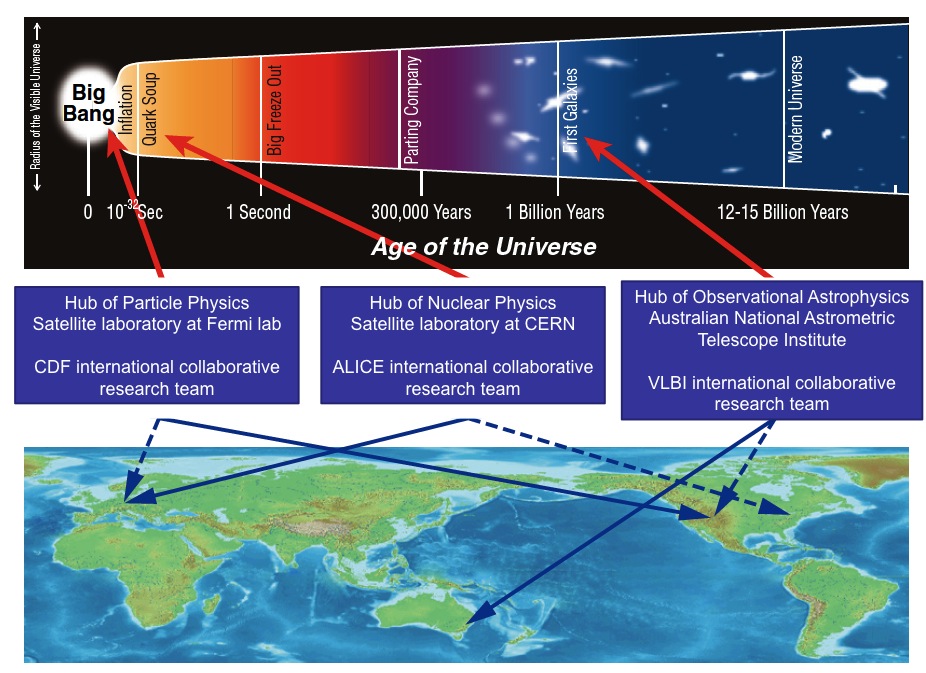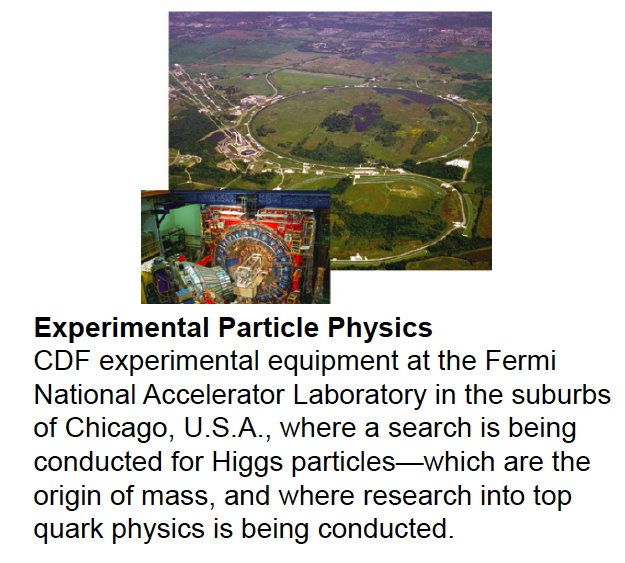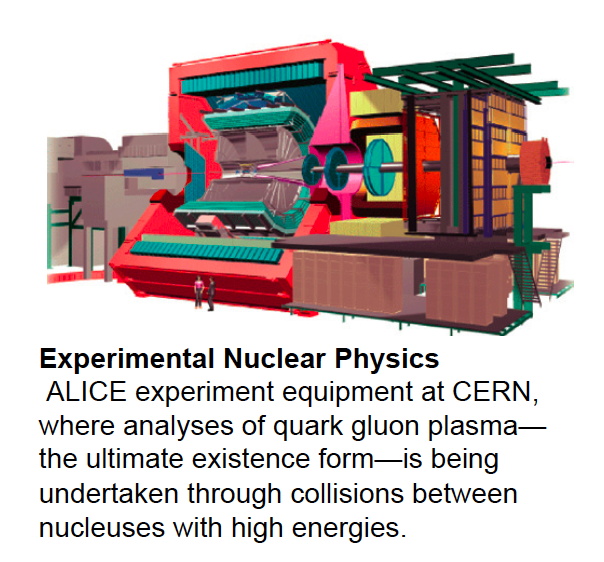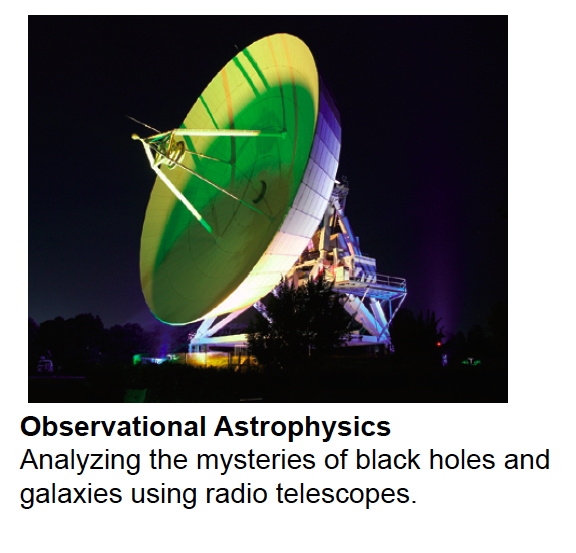Particle physics, nuclear physics, and astrophysics are the fields that form the basis of modern physics. Research on these fields, which includes the question of the origin of mass caused by Higgs bosons in particle physics, phase transition in quark gluon plasma, and the process of nucleosynthesis in the early universe in nuclear physics, and galaxy evolution and the search for black holes in astrophysics, is related to the temporal evolution of the universe, and research into each field is creating an important epoch in the process of cosmic evolution, and thus the history of the universe. The accumulation of knowledge concerning the process of cosmic evolution starting with the Big Bang brought the recognition that these fields should be understood from a unified point of view because they are strongly linked to one another.
There are plans for large-scale international collaborative research involving thousands of researchers in these fields, such as the CDF experiment using Tevatron at the Fermi National Accelerator Laboratory in the United States; the PHENIX experiment using the RHIC accelerator at Brookhaven National Laboratory in the United States; and the ATLAS experiment for particle physics and heavy ion collision experiment for nuclear physics\called the ALICE experiment\using the Large Hadron Collider (LHC) which began operation in 2008 at the European Organization for Nuclear Research (CERN). Furthermore, VLBI research is proceeded using radio telescopes around the world and, in addition, the Atacama Large Millimeter/submillimeter Array (ALMA) is under construction in the highlands of the Andes Mountains in Chile, South America, through collaboration between Japan, Europe and the United States. These projects will drive research into the formation and evolution of galaxies in the early universe. In order to form large research teams, a huge demand for researchers in these fields is expected.

|

|

|

|
Program for the History of the Universe